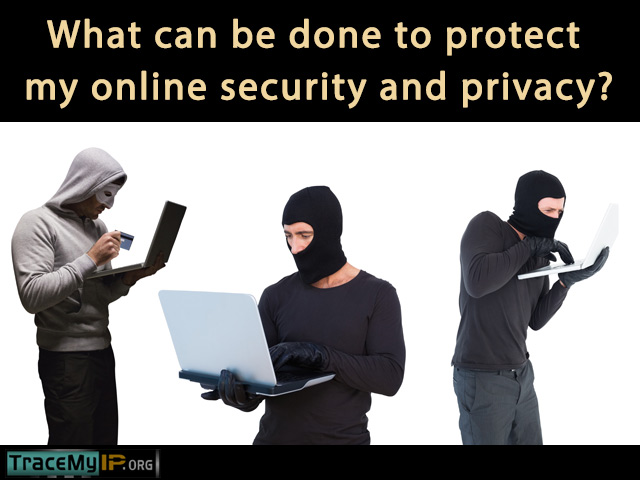What can be done to protect my online security and privacy?
Protecting your online security and privacy is essential in today’s digital world.
If you need to conceal your own IP, one option would be to connect your wired or wireless Internet devices to a local network or a hotel, airplane, or any mobile hotspot network that is not your local home network. When you connect to any public network in a hotel, for example, your IP will appear as that as assigned by a hotel wifi access router. This can be an effective measure of an extra security precaution.
📈 Sign Up now to instantly track website visitors IPs!

However, a precaution should be taken anytime you connect to public networks. Every time you travel anywhere in the world, take family, personal, or business vacations, you will most likely have to connect using publicly available networks such as those available in resorts, hotels, cruise ships, airplanes, or restaurants. Whenever you use public networks, always keep in mind that the networks may be monitored with packet capture software, that logs all of the outbound information on that particular LAN network.
Another security risk factor to consider is being connected to the same LAN network as other computers that you have no control over. If your computer has any type of file-sharing or transfer capabilities enabled, you’ll be revealing the information on your computer with all other people connected to the same network in hotels, resorts, cruise ships, airplanes, and restaurants. Ensure that your file and data sharing is disabled while connecting to public networks.
Credit should be given to a VPN proxy server option that allows you to hide an IP address by using a virtual private secure proxy server. This helps to conceal your private IP information to a certain extent, however, if not carefully selected, it may do more harm than good.
Additional methods of improving your online security and privacy
Use strong and unique passwords
Create strong passwords that include a combination of uppercase and lowercase letters, numbers, and special characters. Avoid using common passwords or reusing passwords across different accounts. Consider using a password manager to securely store your passwords.
Enable two-factor authentication (2FA)
Two-factor authentication adds an extra layer of security to your online accounts. It typically requires you to provide a second form of verification, such as a unique code sent to your mobile device, in addition to your password.
Keep your software up to date
Regularly update your operating system, web browsers, and other software applications. Software updates often include security patches that address vulnerabilities and protect against known threats.
Be cautious of phishing attempts
Be skeptical of unsolicited emails, messages, or calls asking for personal information or directing you to click on suspicious links. Avoid providing sensitive information unless you have verified the legitimacy of the source.
Use secure Wi-Fi connections
When accessing the internet in public places, use trusted and encrypted Wi-Fi networks. Avoid using public Wi-Fi for sensitive activities like online banking or accessing personal accounts.
Employ a reputable antivirus and antimalware software
Install and regularly update reliable security software to detect and remove malicious programs that could compromise your online security.
Review privacy settings
Regularly review and adjust privacy settings on social media platforms, online services, and applications. Limit the amount of personal information you share publicly and be mindful of the privacy policies of the services you use.
Encrypt your data
When transmitting sensitive information, such as financial details or personal data, ensure the website or communication channel is encrypted. Look for “https” in the website URL or use end-to-end encryption for messaging applications.
Be cautious with file downloads and attachments
Avoid downloading files or opening email attachments from unfamiliar or suspicious sources. Malicious files can infect your device with malware.
Regularly back up your data
Create regular backups of your important files and documents. This practice ensures that you can recover your data in case of accidental loss, malware, or ransomware attacks.
Be mindful of social media sharing
Be cautious about the information you share on social media platforms. Limit the personal details you reveal publicly, as this information can be used by cybercriminals for malicious purposes.
Educate yourself about online threats
Stay informed about the latest online threats, scams, and phishing techniques. Being aware of common tactics used by cybercriminals can help you recognize and avoid potential risks.
🌍 Who visits your website? Sign Up now to find out instantly!
